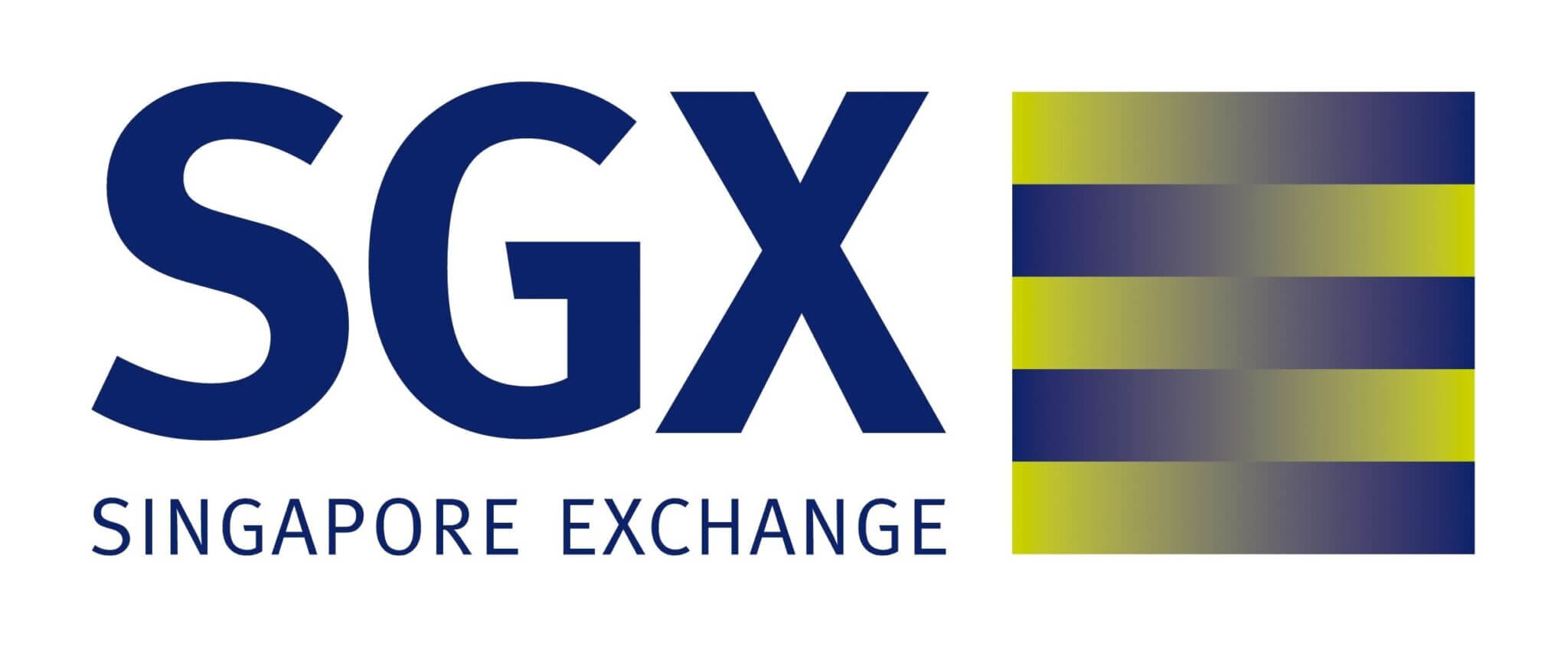Singapore Exchange (SGX) has developed a disclosure guide for companies in complying with key aspects of governance and for investors in assessing information provided by companies.
Developed in a question-and-answer format, the guide makes clearer to companies specific principles and guidelines identified as express disclosure requirements in the Code of Corporate Governance 2012.
Under SGX’s comply-or-explain approach to the Code, listed companies are expected to comply with the Code or explain in their annual reports any deviation from the Code. Listed companies are encouraged to enclose the new disclosure guide as part of their annual reports.
Investors can use these disclosure guides to review and compare companies’ governance practices, and better assess the companies they invest in. A sample of the disclosure guide is attached.
Recent surveys have indicated that while compliance with the Code among SGX-listed companies is generally good, disclosures relating to remuneration, risk governance, board diversity and sustainability were not comprehensive. Using the disclosure guide as a basis for comparison, investors and interested stakeholders can judge whether a company has provided adequate disclosures and meaningful explanations for any deviations from the Code.
“Effective corporate governance is the cornerstone of long-term sustainable performance. Disclosure standards of listed companies must be raised to address the concerns identified in recent surveys. Companies with high disclosure standards and sound corporate governance practices will rise above the competition and benefit from trust and confidence by stakeholders, the outcome of which is a better capital market,” said June Sim, Head of Listing Compliance at SGX.
The disclosure guide is part of SGX’s ongoing efforts to improve the overall quality of corporate governance. The Securities Investors Association (Singapore) (SIAS), the Singapore Institute of Directors (SID), the NUS Business School’s Centre for Governance, Institutions and Organisations (CGIO) and the Diversity Action Committee have all expressed support for this SGX initiative.
“SIAS firmly believes that all listed companies owe it to their investors to uphold high disclosure standards and comply with the Code of Corporate Governance. Each year, SIAS recognises companies which have high corporate governance standards; how companies use SGX’s new disclosure guide will be a key consideration when we evaluate companies for the Singapore Corporate Governance Awards,” said David Gerald, President and CEO of SIAS.
Joyce Koh, Executive Director of SID said, “SID’s view is that effective governance under the comply-or-explain regime is not only the responsibility of companies and their boards, but also that of other stakeholders in the corporate ecosystem, such as the regulators, investors, industry analysts and associations. SID, on its part, has been providing education and thought leadership on the comply-or-explain framework, the Code guidelines and measuring compliance. The newly implemented disclosure guide will certainly be an aid in our assessment of the corporate governance of the company in the Best Managed Board Awards, which is part of the Singapore Corporate Awards.”
“The disclosure guide will put the relevant information in a nutshell for stakeholders to efficiently determine the extent of compliance with the Code of Corporate Governance. It is a most timely initiative. We will incorporate the disclosure guide into our assessment and ranking of listed companies in Singapore”, said Lawrence Loh, associate professor at NUS Business School and leader of corporate governance projects at the School’s Centre for Governance, Institutions and Organisations (CGIO).
A member of the Diversity Action Committee said, “Companies should seize the opportunity to profile the diverse strengths of their individual directors and the capability of the board as a whole. Making the disclosures called for by the disclosure guide will enhance investors’ perception of the company.”
About Singapore Exchange (SGX)
Singapore Exchange (SGX) is the Asian Gateway, connecting investors in search of Asian growth to corporate issuers in search of global capital. SGX represents the premier access point for managing Asian capital and investment exposure, and is Asia’s most international exchange with more than 40% of companies listed on SGX originating outside of Singapore. SGX offers its clients the world’s biggest offshore market for Asian equity futures, centred on Asia’s three largest economies – China, India and Japan.
In addition to offering a fully integrated value chain from trading and clearing, to settlement and depository services, SGX is also Asia’s pioneering central clearing house. Headquartered in Asia’s most globalised city, and centred within the AAA strength and stability of Singapore’s island nation, SGX is a leading Asian counterparty for the clearing of financial and commodity products.
For more information, please visit www.sgx.com






























